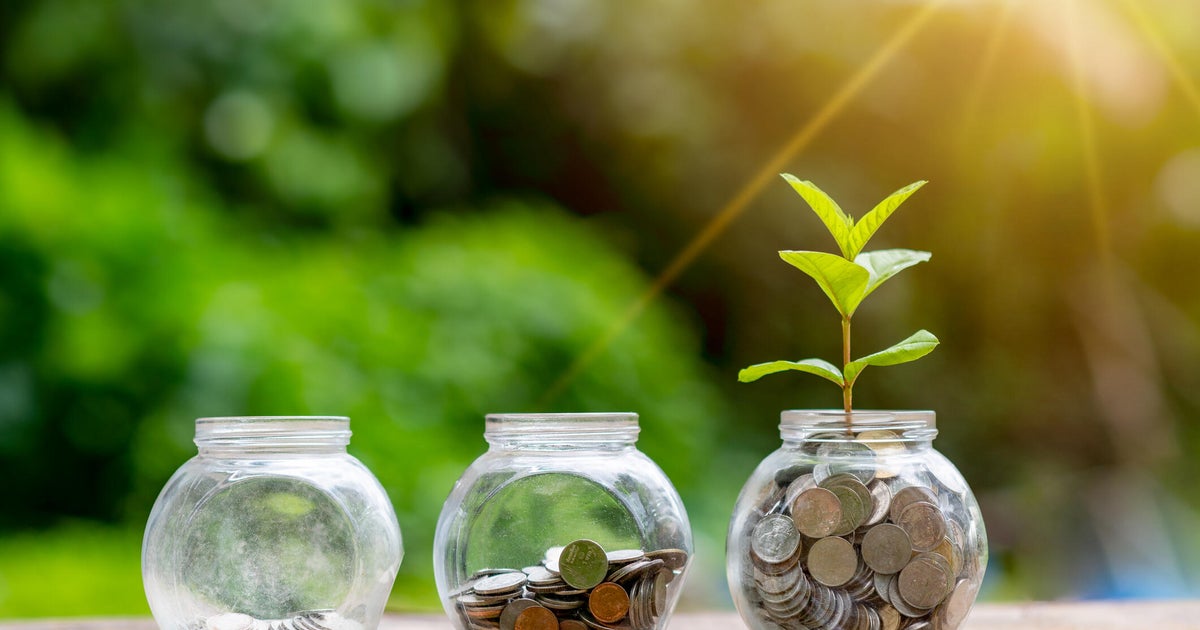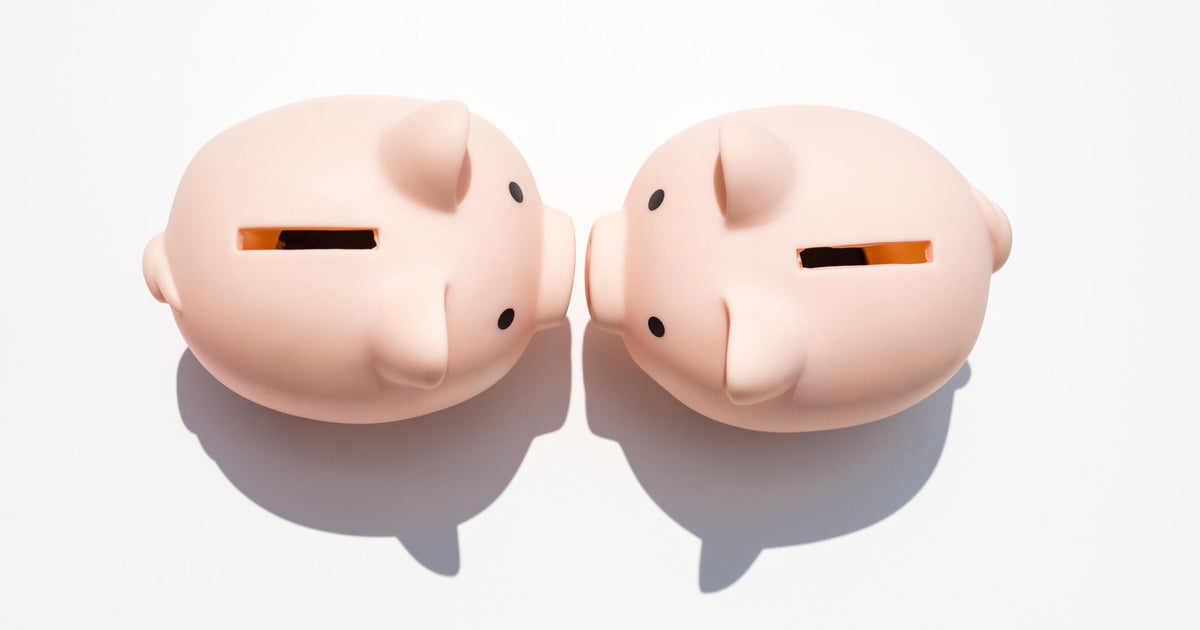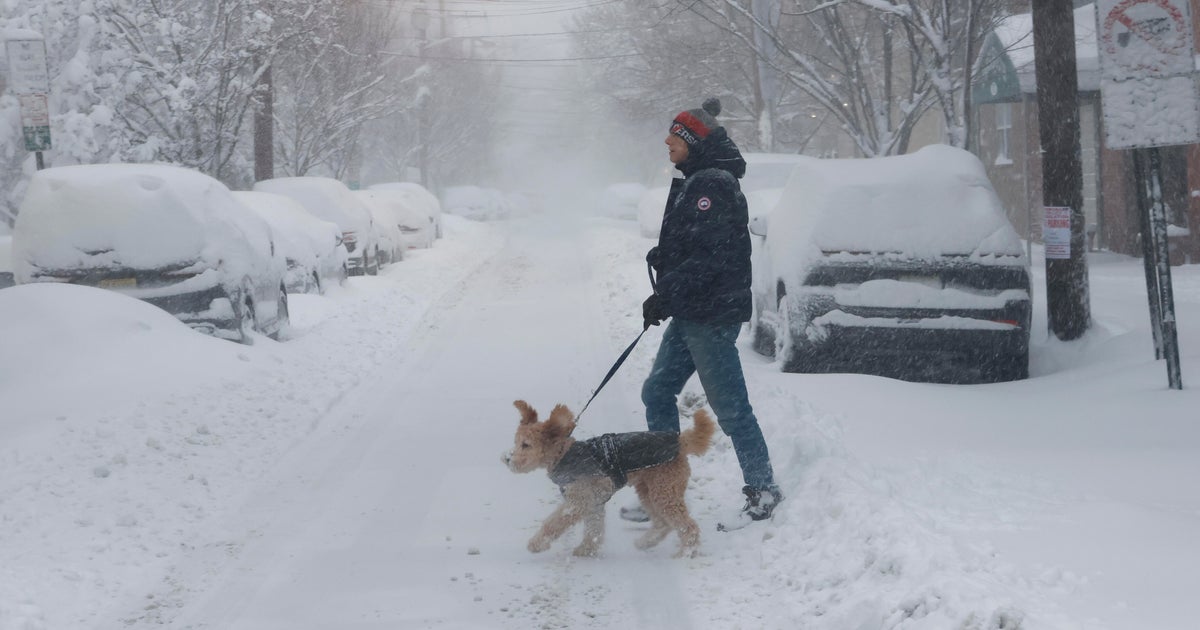How much money should you keep in savings accounts?
Inflation. Interest rate hikes. Geopolitical tensions. There are many recent reasons why you might be looking at shoring up your savings account and stowing away more for a rainy day.
But how much should you actually have in savings? Sure, these accounts often earn interest — and sometimes a good amount if you have a high-yield one. But a smart financial plan also weighs the importance of putting funds toward other goals, too — like investing for retirement or growing your wealth for future generations.
While there's no hard-and-fast method to crafting the perfect savings plan, experts say there are some strategies that can help you zero in on what you should be saving — and what you should be spending and investing, too.
How much money you should keep in savings accounts?
As you try to determine an exact figure for how much you keep in your savings accounts, it helps to keep a few things in mind.
Fund your emergency savings first
Your first goal should be to have a flush emergency fund — one that can cover at least a few months of living expenses if you get laid off or come into hard times.
"You should attempt to have at least three to six months of expenses in a general savings account at all times," says Mark Henry, founder and CEO of Alloy Wealth Management. "Monthly expenses look different for everyone, so if you aren't sure how much you would need, track your expenses for a few months."
Three to six months is just a general barometer, though. Make sure you consider your personal circumstances, too. If, for example, you have a volatile income or have dependents, you may want a little extra stowed away just in case.
"If you find yourself identifying a significant amount of factors that increase the need for emergency funds, you will want to err on the side of caution," says Michelle Riiska, financial planning analyst at Fidelity's eMoney Advisor.
You can build your emergency fund quicker by using a high-yield savings account. Get started here now.
Handle long-term savings next
Once you've fully funded that account, you can start putting extra cash elsewhere — toward retirement accounts, investment portfolios, college education and more. The amount you'll want to save for these depends on your personal goals. For retirement, Riiska advises having anywhere from 70 to 85% of your living expenses saved for the years you'll be retired.
Again, this is general — and highly dependent on your personal circumstances and goals. As Henry puts it, "There is no universal number or generic formula."
Still, there are rules to follow when saving for those longer-term goals and most financial professionals recommend abiding by the 50/30/20 policy, which says that 50% of your pay should go toward "needs" in your life, 30% toward "wants," and then 20% toward paying down debts, saving or investing.
This won't work for everyone, of course, so make sure you understand what you have coming in, what your monthly expenses are and what extra funds you have to work with.
"A common benchmark is saving 20% of your paycheck for savings or paying off debt," Riiska says. "This is unrealistic for some people, so analyze your current means. If 20% is more than you can afford, it's important to identify what you can put away and prioritize where you can allocate the available funds."
Use the right accounts
For emergency funds, Henry recommends using a high-yield savings account, as it can help you grow your emergency fund faster.
"High-yield savings accounts often offer about 4% APY or more, which is significantly higher than the average less-than 1% APY on most traditional savings accounts," Henry says. "High-yield interest makes your money work for you rather than just sitting in the bank."
For retirement accounts, you can look to 401(k)s and employer-sponsored plans, which often come with contribution matching that can help pad your retirement savings. If you don't have employer-based options, consider an IRA.
"Anyone can open an IRA," Henry says. "An IRA allows you to contribute to your own retirement savings without having to pay taxes upon withdrawal when the time comes because contributions are taxed upfront."
Certificate of deposit accounts — also called CDs — can also be an option, depending on your time horizon. Just make sure you won't need the money until the account's maturity date, as withdrawing funds before then could result in a hefty penalty.
Explore your CD options here now to learn more.
Saving is personal
At the end of the day, the right amount of savings depends on your personal circumstances and goals. Your peace of mind matters, too. As Georgia Bruggeman, founder of Meridian Financial Advisors, puts it, "The amount you keep in savings varies person to person and depends on their comfort level. Some people feel more comfortable keeping a larger amount in savings."
If you're in this boat, just remember: Too much in savings comes with a potentially costly trade-off.
"It's important that those who prefer a larger amount in savings understand the risk they are making in terms of capital growth and meeting their retirement goals," Bruggeman says. "It is just as risky to take too little risk as it is to take too much risk."
If you're not sure how much you should have in an emergency fund, stowed away for retirement, or have saved for other goals and purposes, consult a financial professional. They can help you determine the best strategy for your money.




